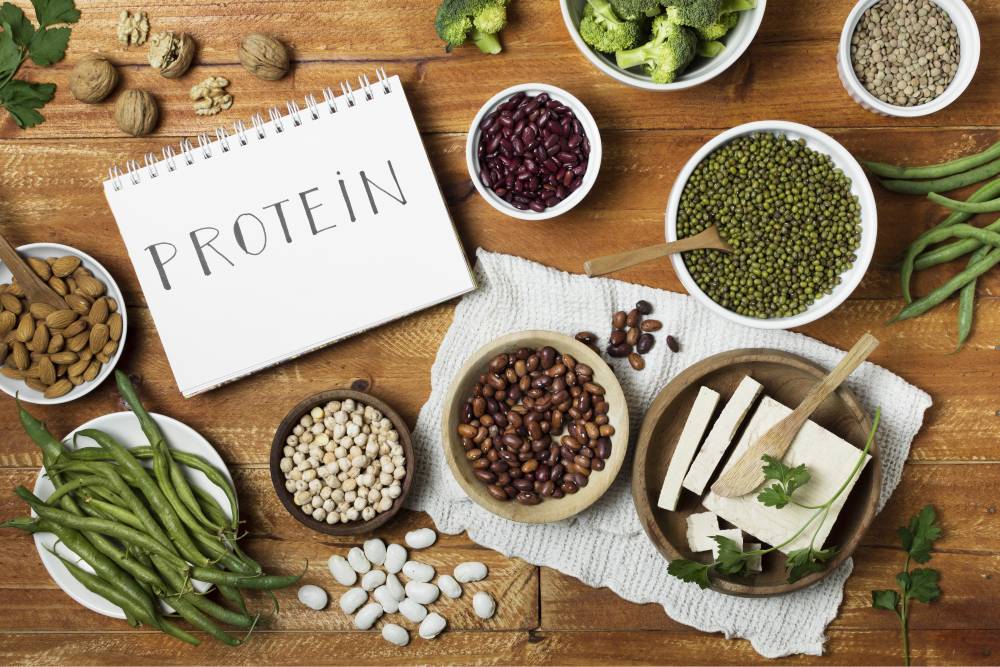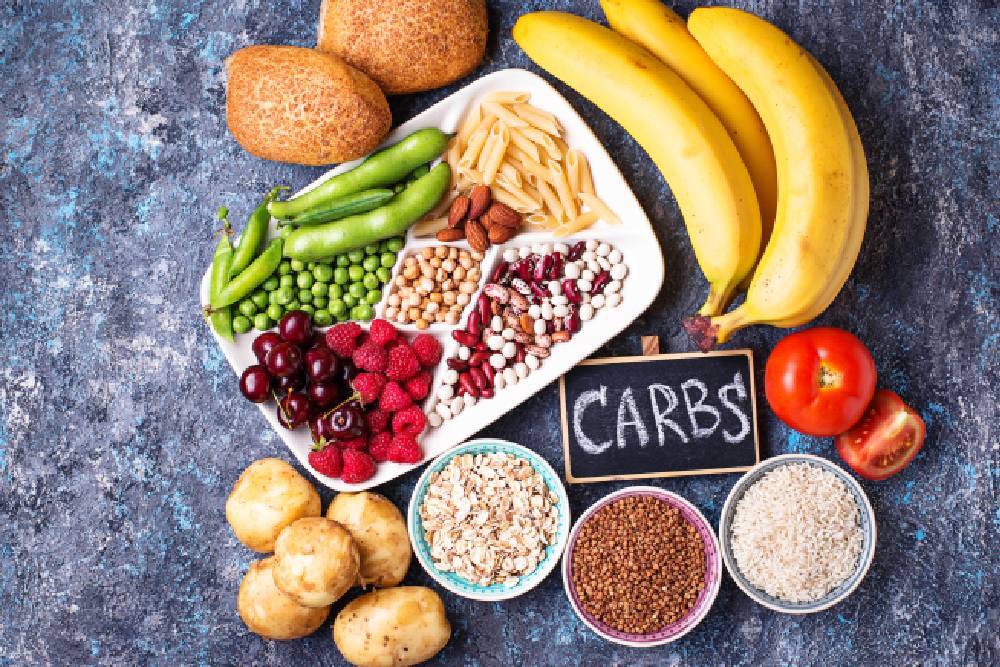Fiber is an essential component of a healthy diet and plays a crucial role in digestive health and weight management. It is a type of carbohydrate that the body cannot fully digest or absorb. Instead, it passes through the digestive system relatively intact, providing a range of benefits. Let’s explore the role of fiber in digestive health and weight management:
Improved Digestion:
Fiber acts as a natural regulator of the digestive system. It adds bulk to the stool, promoting regular bowel movements and preventing constipation. By absorbing water, fiber softens the stool, making it easier to pass through the intestines. This helps to prevent conditions such as hemorrhoids, diverticulitis, and irritable bowel syndrome (IBS).
Enhanced Gut Health:
Fiber serves as a prebiotic, which means it provides nourishment for the beneficial bacteria in the gut. These bacteria help break down fiber and produce short-chain fatty acids, which have anti-inflammatory properties and support overall gut health. A healthy gut microbiome is associated with improved digestion, a strengthened immune system, and a reduced risk of chronic diseases.
Blood Sugar Regulation:
Soluble fiber, found in foods such as oats, beans, and lentils, forms a gel-like substance in the digestive tract. This slows down the absorption of sugar and helps to regulate blood glucose levels. Consuming high-fiber meals can prevent sharp spikes and crashes in blood sugar, which is particularly beneficial for individuals with diabetes or insulin resistance.
Weight Management:
Fiber-rich foods are generally low in calories but high in volume, which can help promote feelings of fullness and satiety. Including fiber in meals and snacks can help control appetite and prevent overeating. High-fiber foods also require more chewing, which slows down the eating process and gives the brain more time to register feelings of fullness. Additionally, fiber can reduce the absorption of calories from other nutrients, further supporting weight management efforts.
Reduced Cholesterol Levels:
Soluble fiber has been shown to help lower LDL cholesterol levels, commonly referred to as “bad” cholesterol. By binding to cholesterol in the digestive tract, fiber prevents its absorption into the bloodstream, thus reducing the risk of heart disease. Oats, barley, legumes, and certain fruits and vegetables are excellent sources of soluble fiber.
To incorporate more fiber into your diet, consider the following tips:
Choose whole grains: Opt for whole wheat, quinoa, brown rice, and oats instead of refined grains.
Increase fruit and vegetable intake: Include a variety of fruits and vegetables in your meals and snacks, as they are naturally high in fiber.
Eat legumes and beans: Incorporate lentils, chickpeas, black beans, and other legumes into soups, salads, and main dishes.
Snack on nuts and seeds: Almonds, chia seeds, flaxseeds, and pumpkin seeds are all fiber-rich options for snacking.
Replace refined snacks with whole foods: Choose fresh fruit, raw vegetables, or nuts instead of processed snacks.
Read food labels: Look for products with a high fiber content and choose those with minimal added sugars.
It’s important to gradually increase fiber intake and drink plenty of water throughout the day. Rapidly increasing fiber intake without adequate hydration can lead to discomfort or bloating. Aim to consume around 25 to 30 grams of fiber per day from a variety of sources.
In conclusion, fiber plays a vital role in digestive health and weight management. By incorporating fiber-rich foods into your diet, you can support regular digestion, promote a healthy gut microbiome, regulate blood sugar levels, manage weight, and reduce the risk of chronic diseases. Prioritize whole grains, fruits, vegetables, legumes, nuts, and seeds to ensure you’re reaping.




